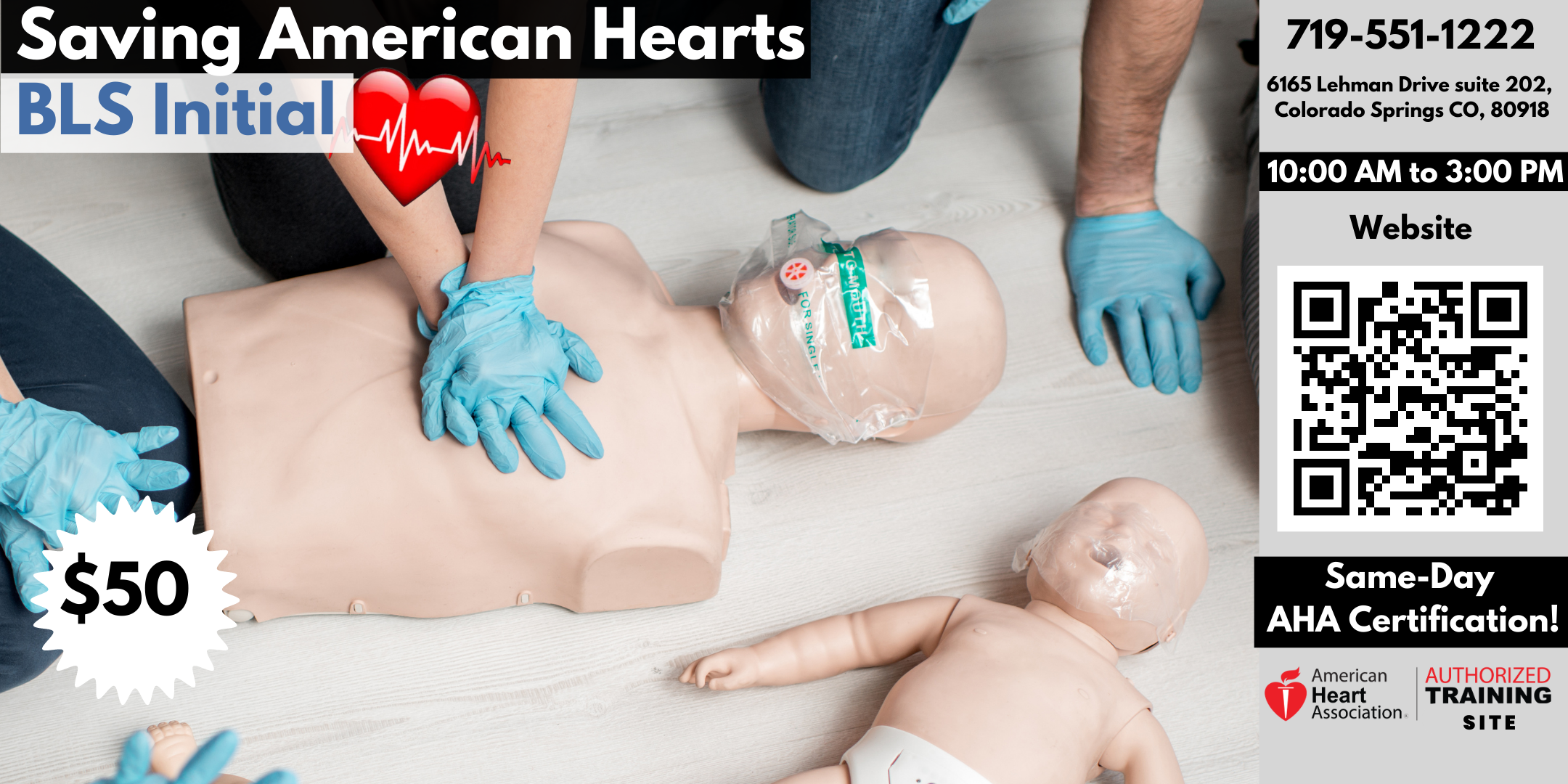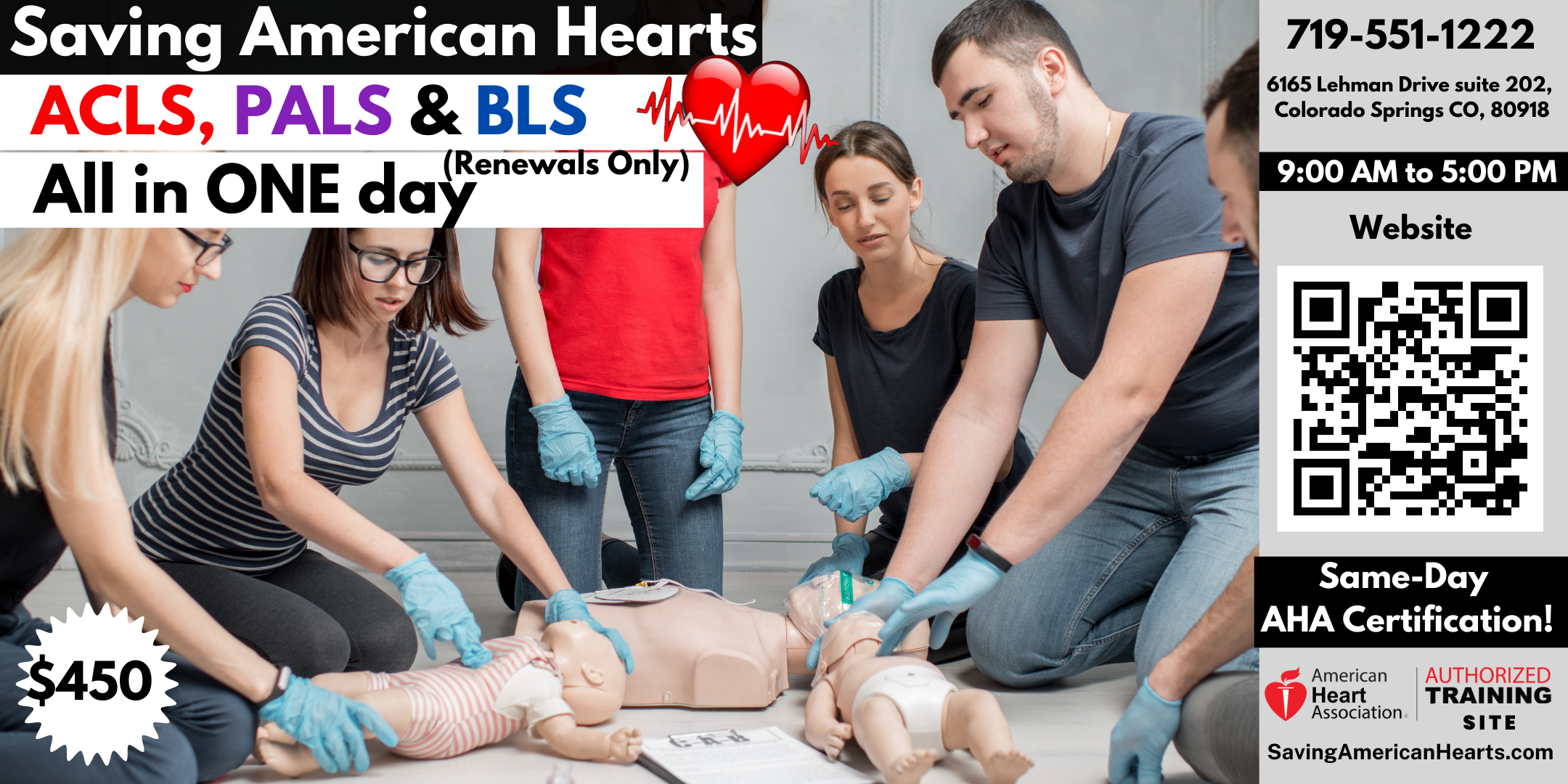Posted by By American Heart Association on Oct 14th 2023
Survival from cardiac arrest less likely in Asian American Pacific Islander communities
Survival from cardiac arrest less likely in Asian American Pacific Islander communities
Science tells us that when a cardiac arrest happens, bystander CPR can double or even triple the chances of survival. Asian American and Pacific Islander (AAPI) adults who experience cardiac arrest outside of a hospital setting have a substantially lower chance of receiving bystander CPR. During Asian American Pacific Islander Heritage month in May, the American Heart Association, a global force for healthier lives for all, is asking people to "Be the Beat" for their family and learn Hands-Only CPR.
Cardiac arrest, a leading cause of death in the U.S., happens when there is an electrical malfunction in the heart's rhythm that results in a loss of blood flow to the heart, lungs, brain, and other organs. CPR, especially if performed immediately, can double, or triple a cardiac arrest victim's chance of survival. Unfortunately, only 26% of AAPI individuals surveyed are confident that they could correctly perform Hands-Only CPR and only 46% are likely to perform CPR and 69% of AAPI individuals surveyed are hesitant to perform Hands-Only CPR because they are worried, they will hurt the person.
Health inequities are systematic differences in the health status of different groups, and are the result of barriers such as racism, poverty, discrimination, lack of affordable housing, quality education and access to health care. The significant difference in the rate of bystander CPR between racial and ethnic groups is just one of the inequities being addressed by the American Heart Association through its 2024 Health Impact Goal.
"Unfortunately, about 90% of people who suffer a cardiac arrest outside of a hospital setting do not survive it, so increasing awareness of the significance of bystander CPR is extremely important throughout the AAPI community," said American Heart Association volunteer President Michelle A. Albert, M.D., M.P.H., FAHA, the Walter A. Haas-Lucie Stern endowed chair in Cardiology, professor of medicine and admissions dean at University of California-San Francisco School of Medicine. "Everyone can benefit from knowing CPR. It is time to do better and shift the numbers so that every single household in America has at least one person who, at minimum, knows Hands-Only CPR."
Survey findings from the American Heart Association –- show that minority populations are more likely to incorrectly believe that special training and certification are required to perform Hands-Only CPR on a person and more likely to be hesitant to perform the skill for fear of causing injury. These misperceptions contribute to poor survival rates from out-of-hospital cardiac arrest, which affects more than 350,000 Americans annually with survival rates of less than 12%.
Asian Americans and Pacific Islanders are the fastest-growing racial or ethnic group in the United States. According to the 2020 census, roughly 24 million people in the U.S. identified as Asian alone or a combination of Asian and other groups, with people of Chinese, Asian Indian, Filipino, Vietnamese, Korean and Japanese descent accounting for 85%.
In honor of Asian American Pacific Islander Month, the American Heart Association will be highlighting the importance of CPR to those communities and offering relevant stories of survival and inspiration, as well as resources for learning CPR.
To learn the basics of CPR, view the Hands-Only CPR video at heart.org and share it with the important people in your life. The AHA encourages everyone to then learn conventional CPR as a next step. You can find a CPR class near you at heart.org/CPR.
